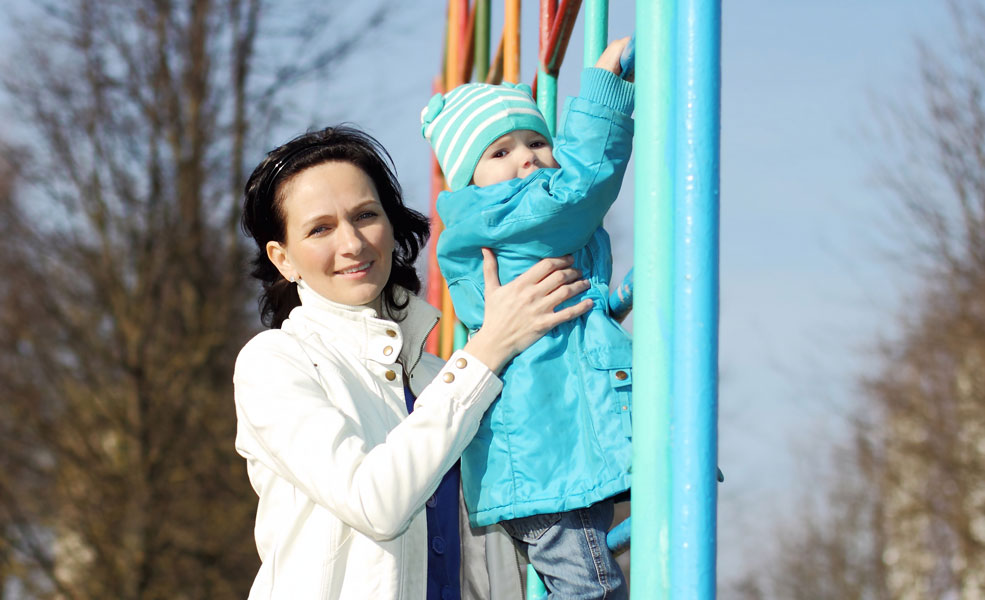The educators have been working very hard to support children and families through the difficult times during COVID-19 and emotional, physical, and intellectual stress and anxiety within children have been lingering throughout the pandemic. We incorporate many resources to train ourselves and to support children such as providing books, activities, and daily conversation to bring out energy and ideas. As children are having less time with their ‘outer-bubble’ communities than before, educators need to address the matter and understand their difficulties.
Children Books to help children with anxiety
According to Singmin (2020), there are books that can support children to regulate and understand what they are feeling and going through. There are books about self-care and building self-esteem like “The Barnabus Project,” by Terry Fan, Eric Fan and Devin Fan, “The Invisible String Workbook,” by Patrice Karst. The books are a great source for children to understand ideas, histories, and changes in their world. The author further talks about books can help “when they need to access coping tools and better understanding their big emotions.”
How to support children that are feeling anxious
When children go through emotions and are not aware of what they are feeling, educators must presently support the child to let them know that they are safe, cared for, and loved. Educator’s priority remains the same, the well-being of the children during the pandemic. Educators can talk with children about things that can support them to understand difficult situations. Devje (2017) talks about a few things that are great reminders for self-control during stress.
Number one is to recognize and acknowledge the red flags. Often, educators can recognize when, where, and which the child gets frustrated and stressed. Children and the educator can have a conversation or closely doing daily routines together to prevent the red flags to appear. Also, letting children know that they are feeling certain emotions and frustrations when these flags come up is critical to self-control, care, and awareness, and to give responsibility and control for escalating self-esteem.
Secondly, knowing one’s limit is a good way to balance their emotions, energy, and routines. Young children often are adventurous and love to explore more. Educators are supporting these explorations together yet letting them know there are certain rules and limits of things for their well-being.
Thirdly, the author talks about surrendering. It does not mean to give up, yet it is meant for understanding and acknowledging the fact that one cannot always be the first or win. It may be the hardest idea for children to understand and accept. However, once children are aware of this, it will greatly affect their self-care skills for sure.
Children are affected due to the Pandemic like adults. They are going out less with their friends, keeping distance with others, unable to meet their family members, and asked to wash hands more often which sometimes, pauses their fun and vibe during playtime. Educators should be present and available for children’s ups and downs to share and guide that their emotions and feelings matter and are cared for.
Reference
- Singmin, C. (2020, November 25th). 10 Books To Help Kids Deal With Stress And Anxiety. HuffPost Canada Parents
- Devje, S. (2017, March 13th). How I Beat Stress (Plus 14 Recipes To Help Boost Your Mood). HuffPost Canada Life

